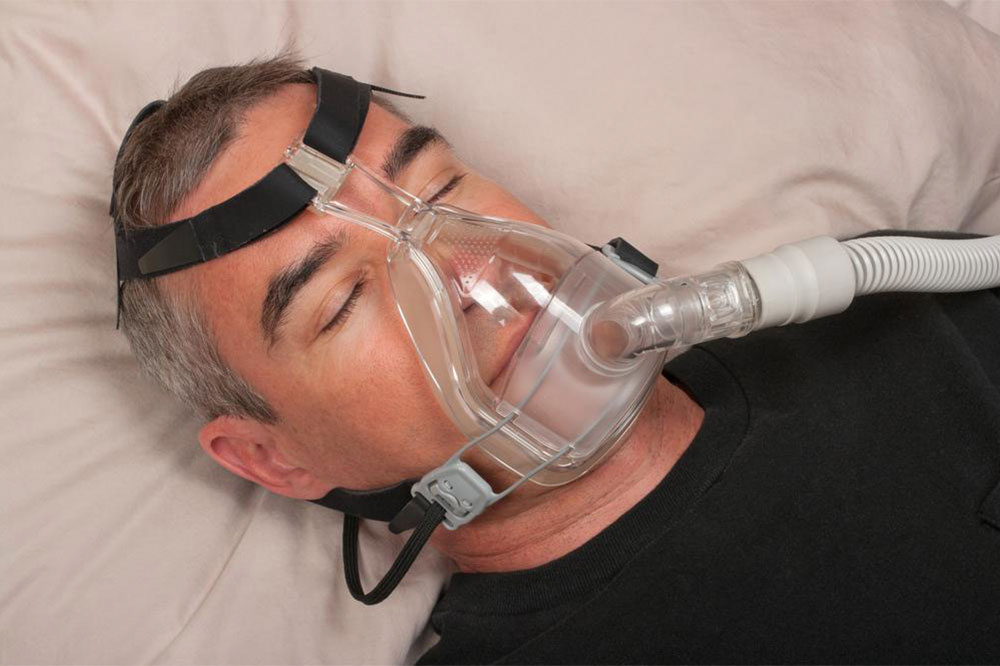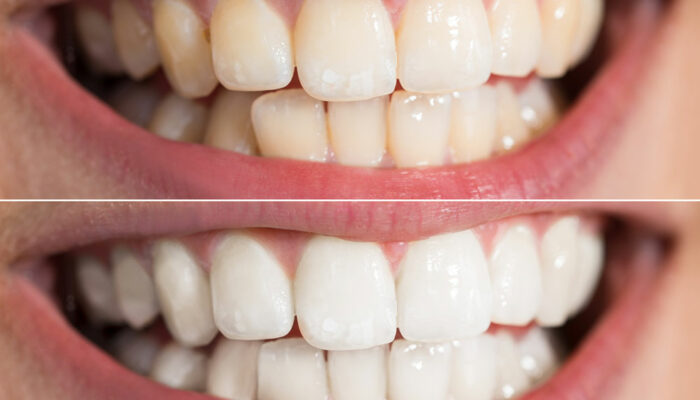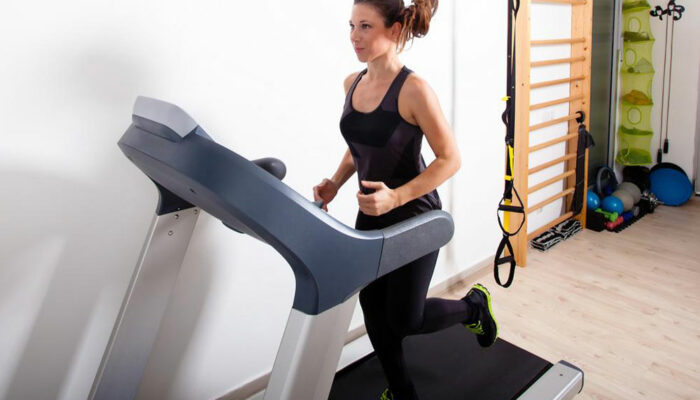
6 Common Signs of Sleep Apnea
The most important thing about the signs and symptoms of sleep apnea is that someone else notices them before a patient does so themselves. That’s because one is asleep when the condition affects them and the symptoms develop.
What is sleep apnea?
Far from being a mildly embarrassing habit, excessively loud snoring and feeling exhausted after a night’s sleep could be an early sign and symptom of sleep apnea. In this condition, a person’s breathing stops and starts repetitively, often jerking them awake due to lack of breath.
The airflow gets reduced in the upper areas of the respiratory system, and blood oxygen levels can drop dramatically, stimulating a waking reflex.
When this happens repeatedly, the natural rhythm of sleep is disturbed and leads to chronic sleep deprivation. This can cause serious physical and emotional health issues, slower reflexes, lower levels of concentration, irritability, depression, diabetes, liver and heart problems, and obesity.
Common signs and symptoms of sleep apnea
- Loud snoring : Snoring is more common than one would like to think. Studies show that nearly 40% of men and 24% of women snore habitually. However, chronic snoring that makes it impossible for one’s partner to sleep is certainly something that needs to be checked out.
- Choking, gasping, snorting : If the snoring is punctuated by choking sounds, gasping for breath, snorting, and abrupt wakening, it could be a sign of obstructive sleep apnea. Interrupted sleep with frequent episodes of paused sleep and sudden waking need immediate medical attention.
- Not feeling refreshed after sleep: If one is constantly waking up with a dry mouth, sore throat, and morning headache, it could be a sign that they have been breathing through their mouth, which is common among people with sleep apnea. Another symptom is that patients wake up feeling tired and depressed due to interrupted sleep and lack of rest. This could lead to one feeling sleepy during the day.
- Mood changes: Sleep deprivation is a major cause of irritability, moodiness, and lack of energy and concentration. It can also impact one’s social life, libido, and professional competence. Patients may also experience memory issues, forgetfulness, and an inability to focus. This can lead to hazards while driving or performing complex tasks.
- Fitful and restless sleep: Waking up often and the inability to fall asleep easily are among the common signs and symptoms of sleep apnea. Some patients get out of bed several times to visit the bathroom and may experience insomnia, causing sleep deprivation and further sleep disturbances. Sleep apnea affects the normal sleep cycle and affects a person’s ability to function normally.
- High blood pressure levels: The abrupt fluctuation in blood oxygen levels due to blocking of the airways leads to increased pressure on the cardiovascular system and high blood pressure. Hypertension is common among sleep apnea patients and can be one of the common signs and symptoms of this respiratory condition.



